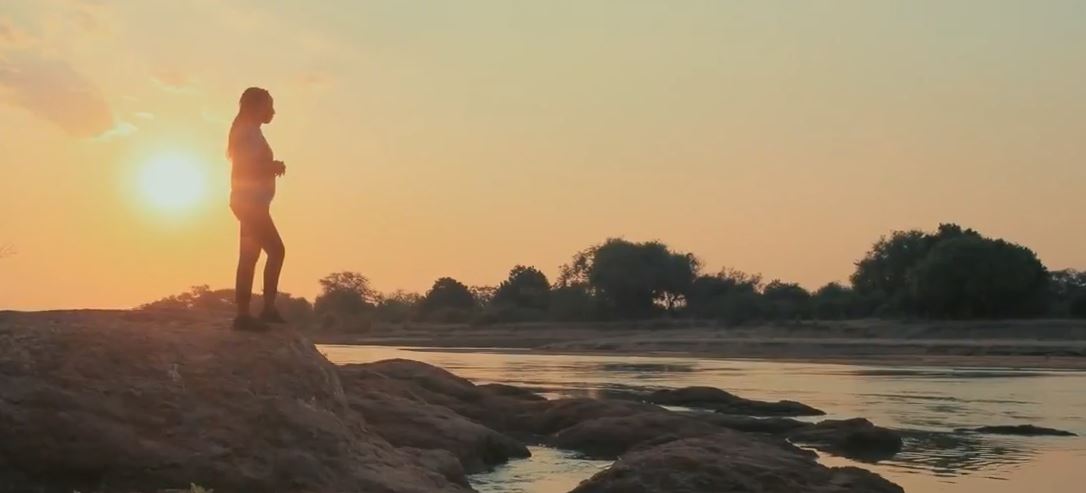
A former International Water Security Network (IWSN) student has been leading national efforts in Zambia to save the Luangwa River from the potentially detrimental effects of damming.
Sililo Agness Musutu, who currently works as a freshwater coordinator for the World Wide Fund for Nature (WWF) in Zambia, has been spending most of her time interacting with the local people along the Luangwa River to understand their fears and concerns about the damming project. According to Musutu, “damming the Luangwa river would have devastating consequences for wildlife, people and their livelihoods.”
The proposed dam at Ndevu Gorge poses a significant social-hydrological challenge – it will transform the river and put many people that depend on it at risk. It has been projected that the dam will lead to the inundation of an area of about 29.5% of the length of the Luangwa River within South Luangwa National Park, and at least six adjacent chiefdoms.
Musutu has been particularly struck by what the Luangwa River means to the local people, and the respect they have for it. “It’s as if they are talking about a human being,” she says.
Musutu’s vision, underpinned by the social and environmental mandates of WWF-Zambia, is to maintain the Luangwa as a free-flowing river for people, wildlife and the environment. She has been working tirelessly with other researchers, scientists and policy makers to see out this vision and ensure that the Luangwa is saved. It is for this reason that WWF-Zambia has even petitioned the President of Zambia to intervene.
It was while undertaking her undergraduate studies at Copperbelt University in Fisheries and Aquaculture that Musutu began to embrace water and its possible career options. She subsequently applied to do an MPhil in Integrated Water Management (IWM) at Monash South Africa and managed to secure an IWSN scholarship for her Master’s degree.
Her focus and efforts are now focused on saving the Luangwa River by helping to prevent the damming of one of the longest remaining free-flowing rivers in Africa. By championing this cause, the future of local livelihoods, aquatic ecosystems, and the safety and economic wellbeing of the local people in the Luangwa system are poised to take a new direction.
